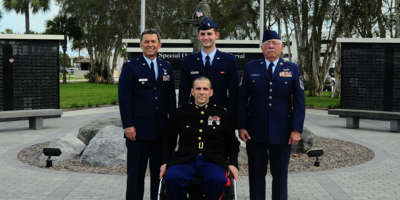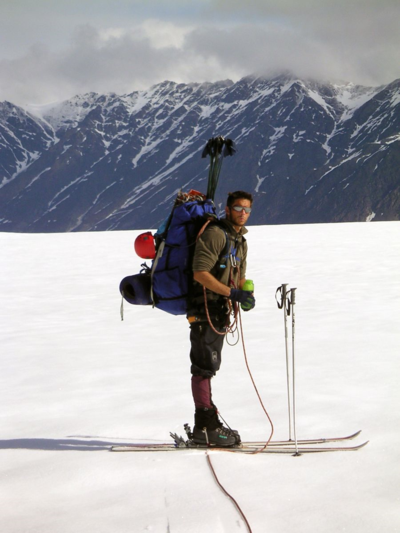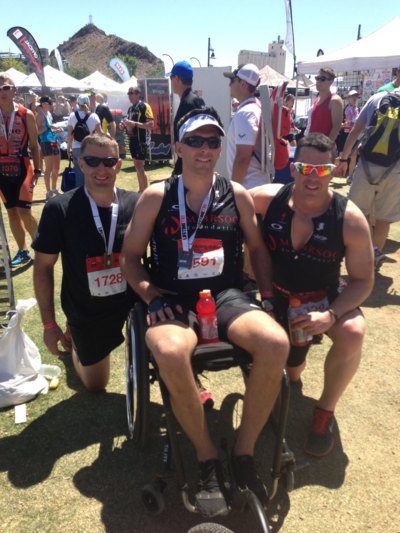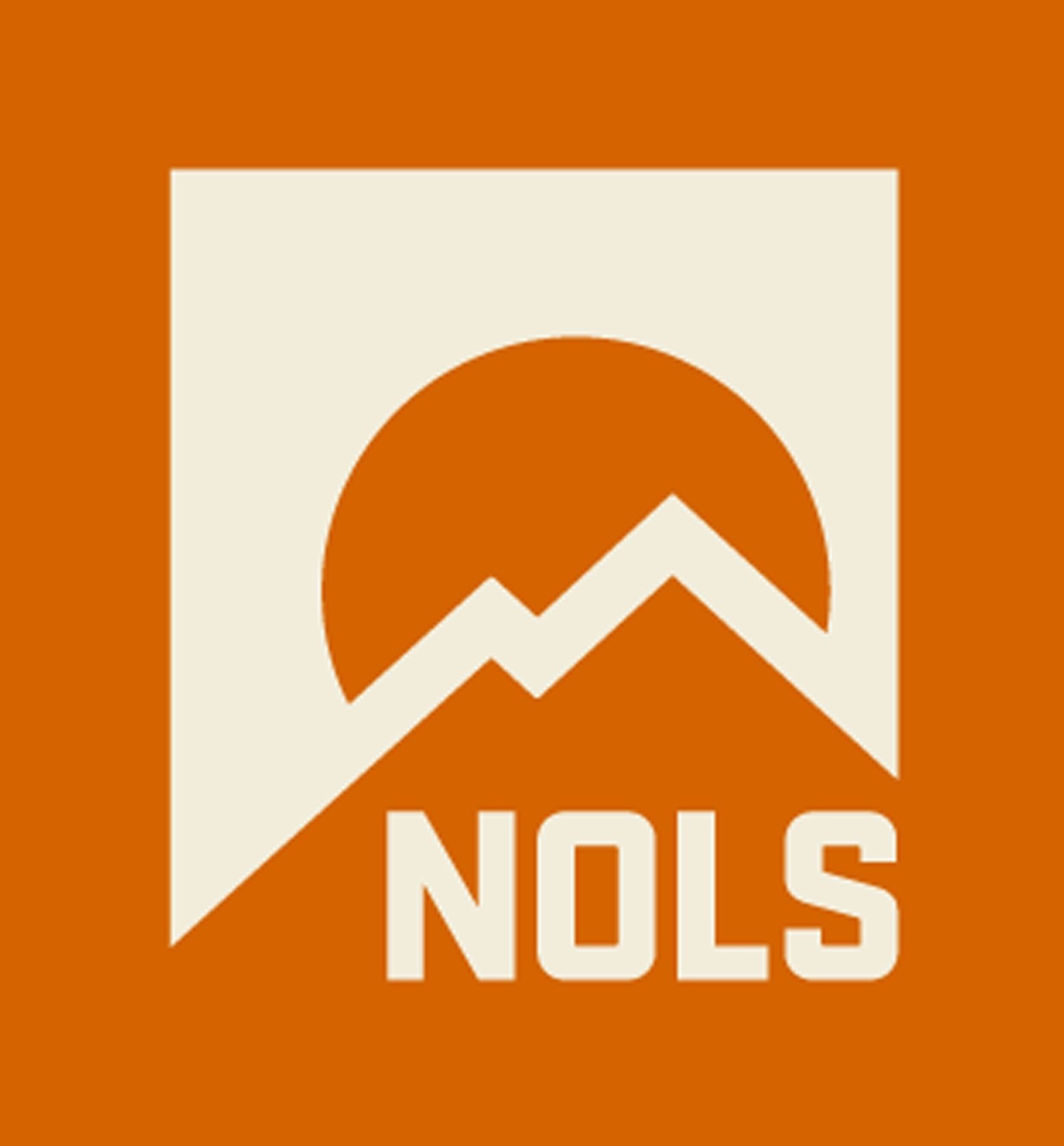Overcoming Uncertainty: On and off the Battlefield
This article appeared in the Spring 2014 edition of The Leader
On June 14, 2012, while leading a Marine Special Operations Team on patrol in Afghanistan, Captain Derek Herrera was shot. The bullet lodged between two vertebrae in his spine, paralyzing him from the chest down.

Seven years, nearly to the day, before that fateful patrol, Herrera and 11 fellow midshipmen walked out of Alaska’s Chugach Mountains. The team had completed the third-ever Naval Academy Mountaineering Expedition designed and led by NOLS Professional Training. Beyond leadership and communication skills, the midshipmen encountered something unfamiliar: uncertainty.
Until that point in his military career, Herrera had been told what to wear, where to be, and what to do when he got there. At the beginning of his course, Herrera and his coursemates found it challenging to function without a concrete plan, familiarity with the environment, or pre-set culture and rules. When pressed, his instructors stated, “We are going to go here and then make a decision on what to do next.” The midshipmen, like all NOLS students, had to forge a plan together as they went. They had to adjust to this newfound self-reliance, but Herrera realized there are many times in life, and the military especially, where patience is essential to a situation.
“At a certain point you will realize that you have the information you need to make a decision, or that you have to make that decision with the information you have currently,” explained Herrera. “This simple understanding has helped me immensely throughout my career.”
While Herrera had been afforded the opportunity to lead before, it was never with such purpose. The NOLS environment allowed him to lead a team to accomplish very challenging tasks.
“I’ve been able to draw on the things I learned during my expedition to perform better as a person and as a leader of Marines,” he stated. “I leverage these lessons often. Everything from creating culture and shared vision within teams to managing expedition behavior has proved valuable for me.”
Herrera raves that courses for midshipmen are “uniquely suited to offer a complimentary experience to the skills taught at the Naval Academy.” He believes while academic frameworks are important to learn what people think and why they may act the way they do, getting out and leading is the best way to learn leadership. He’s so passionate about this philosophy, he’s centered his business around it.
He founded the Special Operations Leadership Experience, which employs military–trained special operators to teach civilians how to lead in challenging, uncertain environments. While based on military leadership training, Herrera admits the framework is very similar to the NOLS leadership model. It focuses on three leadership truths: situational awareness, self-awareness, and communication. Like NOLS, he believes leadership can be learned and anybody can be a leader; it just takes time, practice, and experience.
What is so remarkable is that he’s doing all this as a wounded warrior. Perhaps it’s his type-A personality that won’t let him quit or his unfailing optimism. Perhaps it’s his keen ability to adapt to any situation. Or maybe it’s his commitment to serving the people and country he loves and who have given him so much. For all of these reasons and so many more, Herrera is a truly inspirational NOLS leader.
-By Larkin Flora, Development Communications Coordinator
For other articles like this, check out the current and previous editions of the NOLS Alumni Publication, The Leader
Topics:



